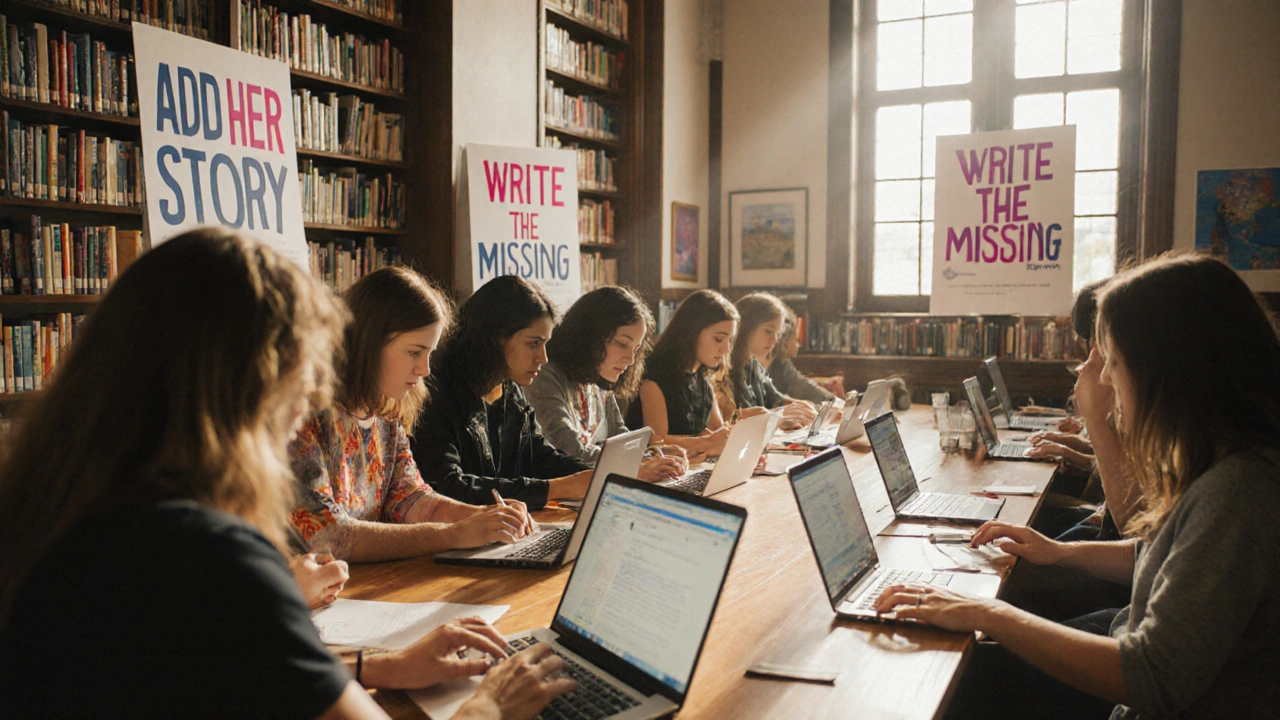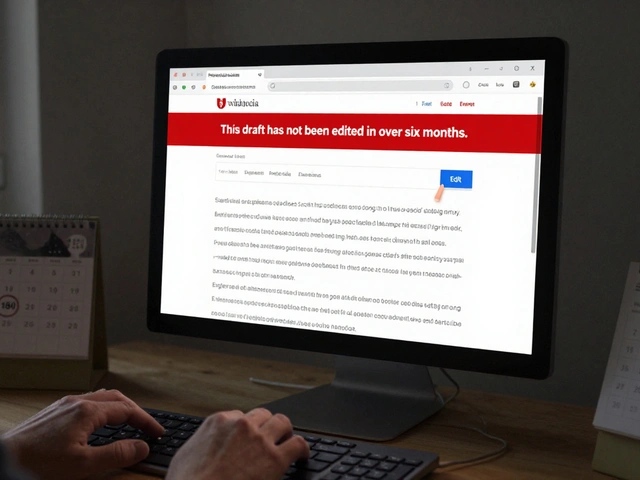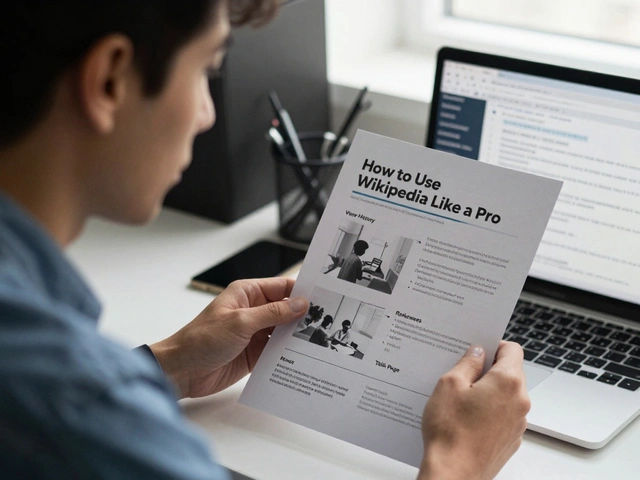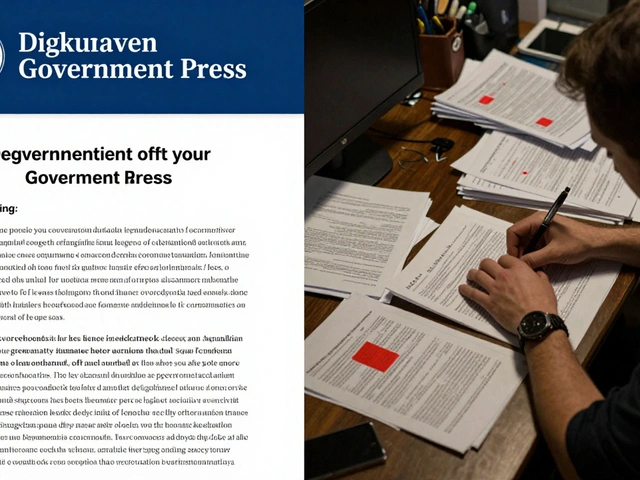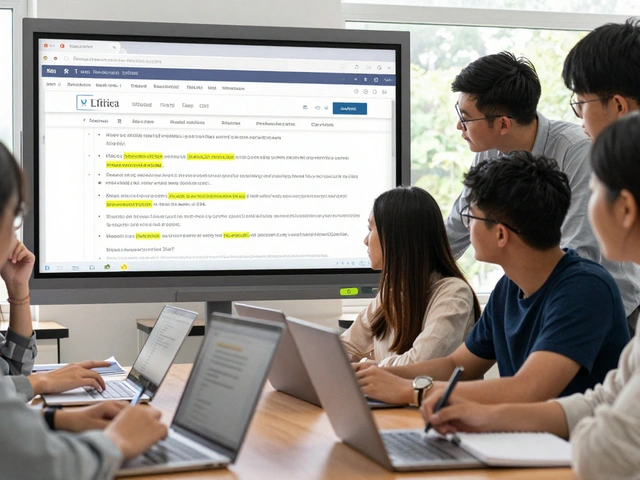Women Editors on Wikipedia: Diversity, Bias, and the Fight for Equal Representation
When you think of Wikipedia, you might picture a neutral, crowdsourced encyclopedia—but behind every edit is a person. And for years, women editors, female and gender-diverse contributors who help build and maintain Wikipedia’s content have been vastly outnumbered. Despite making up half the global population, women account for only about 15-20% of active editors. This isn’t just a numbers game—it’s a content problem. When most editors share similar backgrounds, Wikipedia’s coverage skews toward male-dominated topics, leaving gaps in history, science, culture, and everyday life that matter to everyone.
This gap doesn’t happen by accident. It’s shaped by systemic issues: online harassment that drives women away, lack of mentorship, and policies that favor traditional academic sources over lived experience. The Wikipedia task forces, volunteer groups focused on fixing representation gaps in content are trying to change that. Groups like WikiProject Women in Red, for example, have added over 200,000 biographies of women since 2015. Meanwhile, systemic bias, deep-rooted patterns in knowledge that favor certain voices while silencing others shows up in how articles are written—like downplaying women’s achievements in science or leaving out Indigenous knowledge because it doesn’t match Western academic standards.
It’s not just about adding more names. It’s about changing how knowledge is validated. Who gets to decide what’s "reliable"? Why are personal blogs from activists dismissed while university papers get priority—even when the activists are the ones living the history? The fight for better representation isn’t about quotas. It’s about fairness. It’s about making sure Wikipedia reflects the world, not just the loudest corners of it.
What you’ll find below are real stories from inside Wikipedia: how volunteers are tackling harassment, rewriting biased articles, and building tools to help new editors—especially women and marginalized groups—join and stay. These aren’t theoretical debates. They’re daily efforts to make the encyclopedia more truthful, more complete, and more human.
Women and Non-Binary Editors: Programs That Work on Wikipedia
Women and non-binary editors are transforming Wikipedia through targeted programs that build community, reduce bias, and expand knowledge. Learn which initiatives are making real change-and how you can help.
